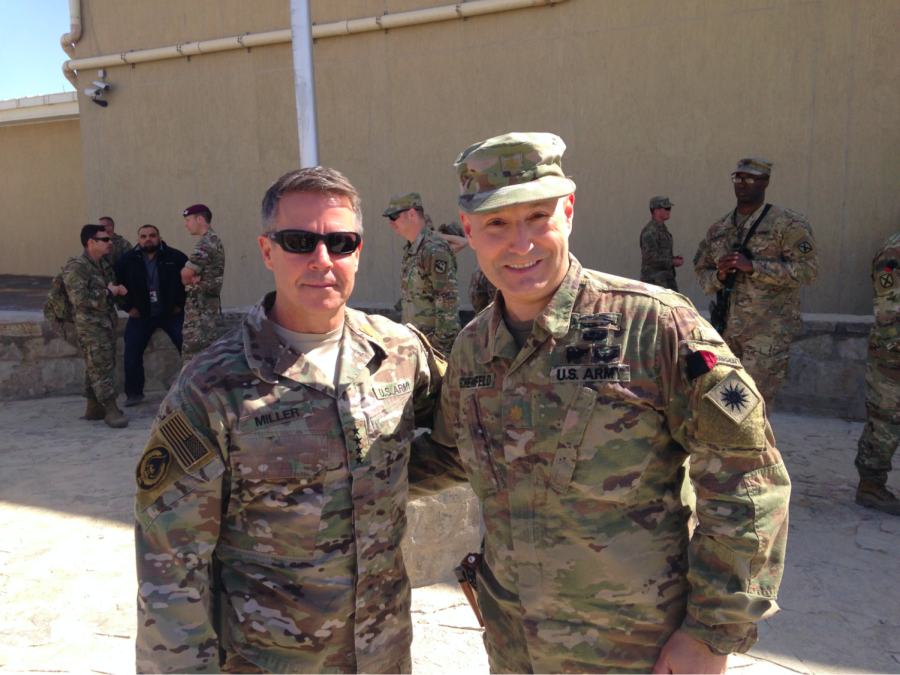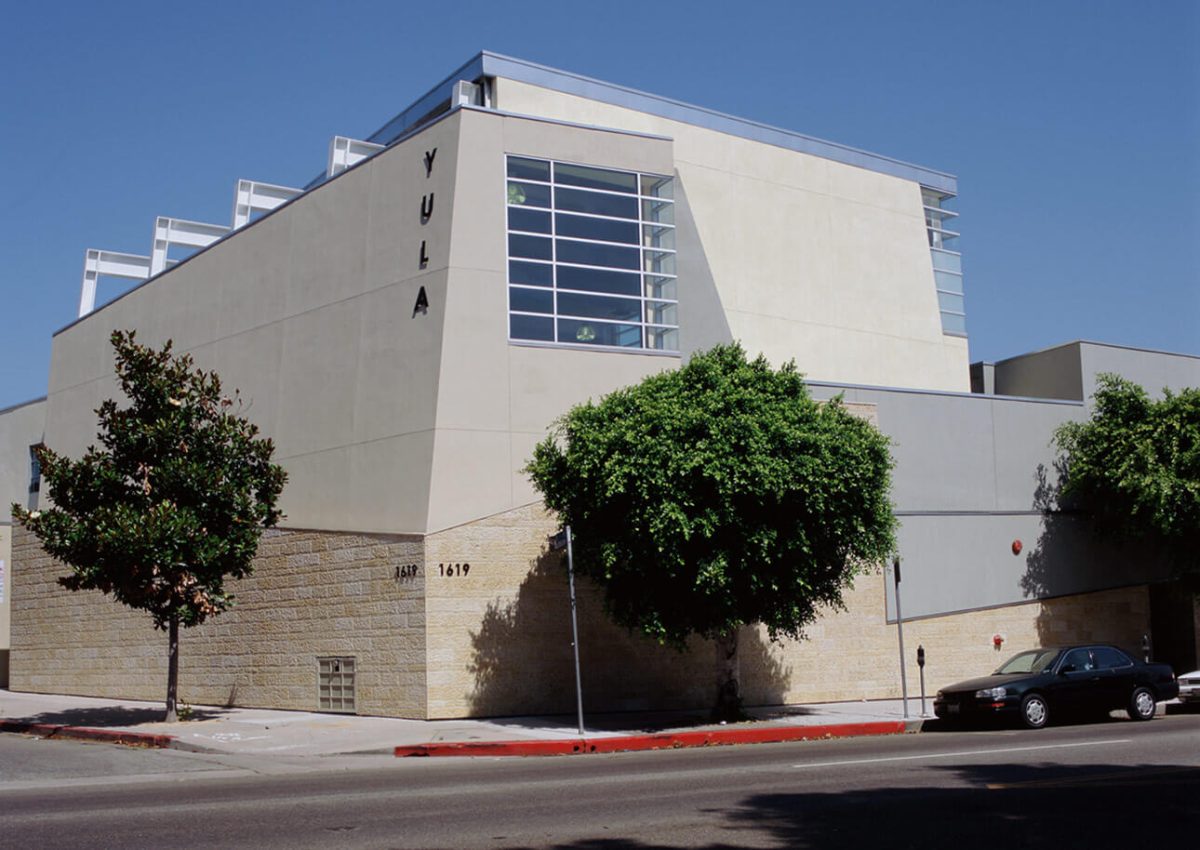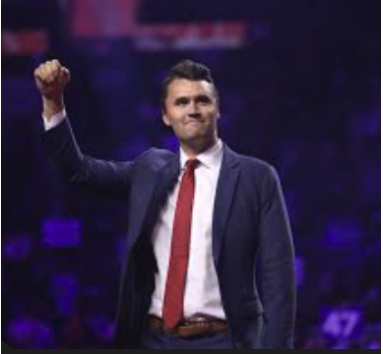Balancing Judaism and the American Military: An Interview with Major Moshe Scheinfeld
November 8, 2021
In 2001, American Forces with the Northern Alliance defeated the Taliban. From 2001 to 2021, approximately 800,000 U.S. Service Members (Army, Air Force, Navy, and Marines) served in Afghanistan. One of those soldiers is my father, Major Moshe Scheinfeld. In this exclusive interview, Major Scheinfeld shares his experience being stationed in Afghanistan and his life in the military.
Panther Post: What is your name, position, and rank in the military?
Moshe Scheinfeld: Major Promotable Moshe Scheinfeld. Promotable means that I have been selected for promotion, and that will happen within the next six to eight weeks. I’ll be promoted to lieutenant colonel. My position, I’m the Future Operations Chief. That means I am responsible for all [of] our missions from thirty days to one year. I’m also the Psychological Operations Chief, so I have two positions in the division. It’s the 40th Infantry Division, which is part of the California Army National Guard, and there are about 8,000 soldiers in the division.
PP: When did you join the military?
MS: I was ROTC, Reserve Officer Training Corps in college, Rice University, and I graduated there in 1991. I was commissioned a Second Lieutenant because I completed the ROTC program for four years.
PP: Why did you choose to join the military?
MS: I felt as a Jew that it was very important that I give back to this country that’s been so amazingly wonderful to the Jews. We have a concept in Judaism of Hakarat HaTov, gratitude. I really felt that I needed to express and demonstrate that and being in the military, to me, is one of the highest forms of Hakarat HaTov because you’re willing to risk your life to keep the country secure and keep the American people secure.
PP: How was daily life in Afghanistan?
MS: We worked seven days a week, for almost a year. There are no days off. And when I say day, that could be anywhere from 12 to 16 hours in a day.
PP: How was it being a Jew in Afghanistan? Was it difficult?
MS: It was difficult because I couldn’t eat all the great food that everyone else was eating. They had steak and lobster and they could have hamburgers and hotdogs. I could just eat the kosher food that I have. I was able to daven and put Tefillin on every day. I made Kiddush on Friday nights and on Saturday. I mean, I have my room and I was fortunate to have my own room. It made it much easier.
PP: Do you think in future wartime the US should use different precautions to prevent a situation like Afghanistan from happening again?
MS: I think that there are a lot of lessons that we can learn that I hope will apply. The United States military will look back on this and study it very carefully, so we can learn from it and do better and improve in the future. We are a learning organization, we always try to improve and we try to figure out what we did right and what we did wrong. We try to sustain the things we did right and try to improve the things we did wrong.







